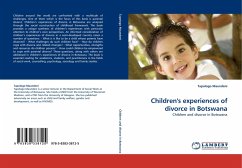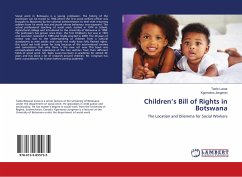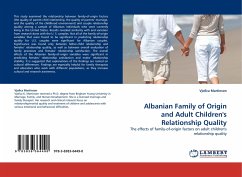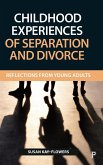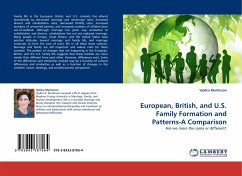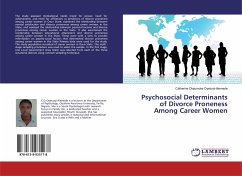Children around the world are confronted with a multitude of challenges. One of them which is the focus of this book is parental divorce. Children s experiences of divorce in Botswana are analysed through the social construction of childhood framework. The book provides a unique synthesis of children s experiences with particular attention to children s own perspectives. An informed consideration of children s experiences of divorce in a semi-developed country raises a number of questions: - What is it like to be a child whose parents have divorced? - What challenges do such children face? - How do children cope with divorce and related changes? - What opportunities, strengths and resources do children possess? - How could children be empowered to cope with parental divorce? These questions, along with others are addressed in children s experiences of divorce in Botswana. The book is essentail reading for academics, students, and practitioners in the fields of social work, counselling, psychology, sociology and family studies.
Bitte wählen Sie Ihr Anliegen aus.
Rechnungen
Retourenschein anfordern
Bestellstatus
Storno

